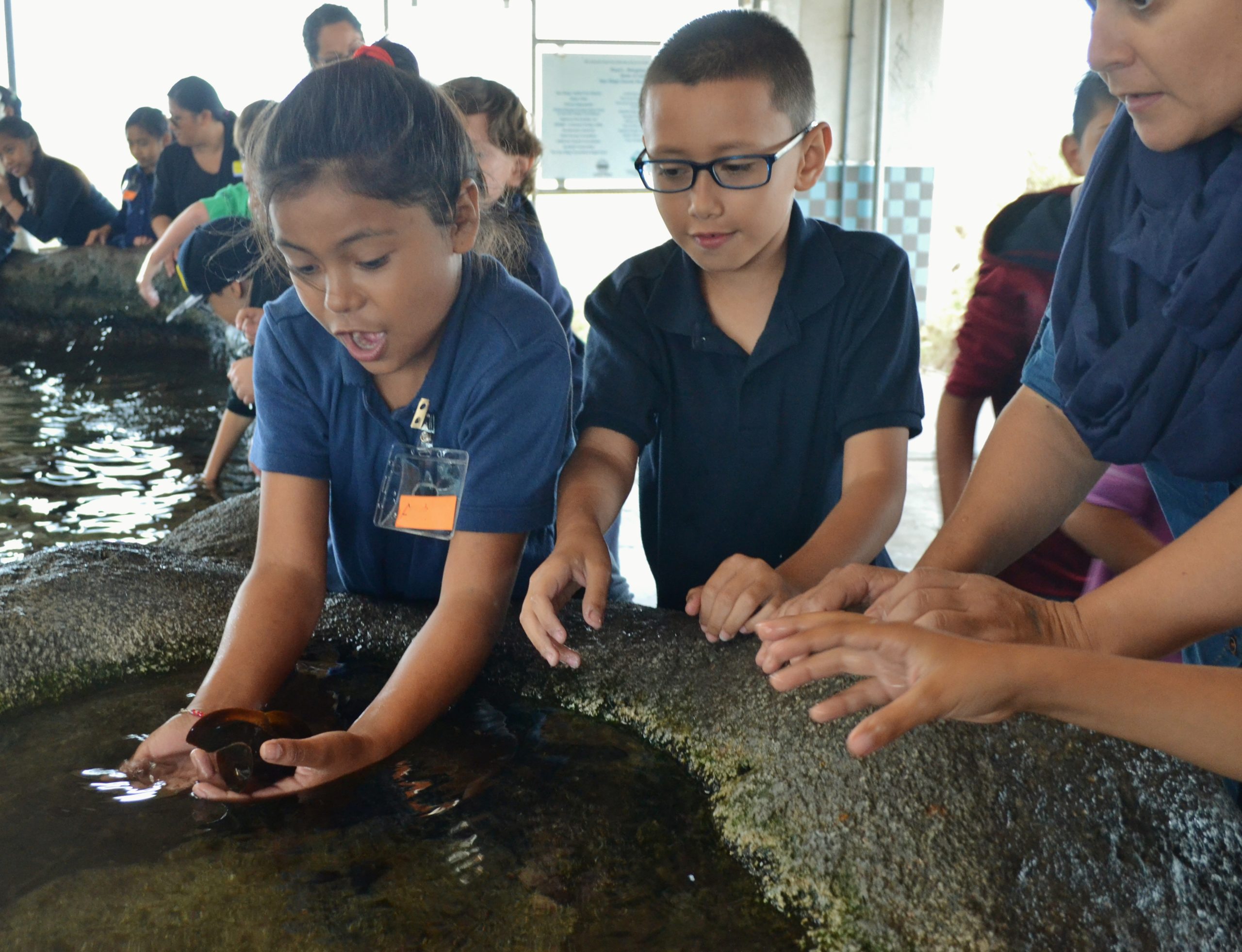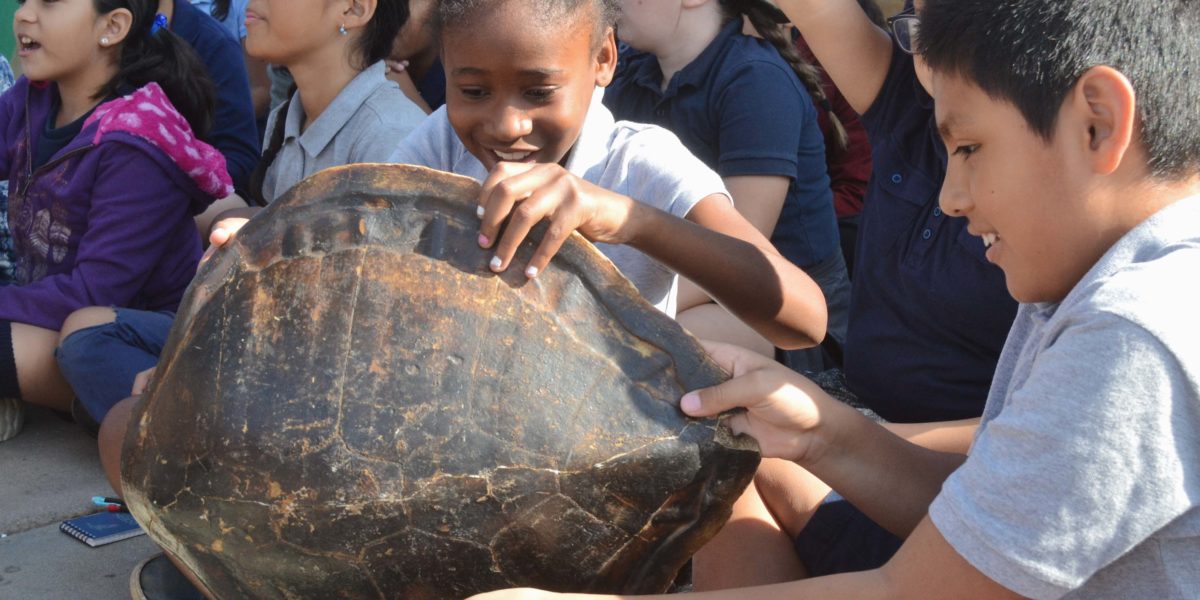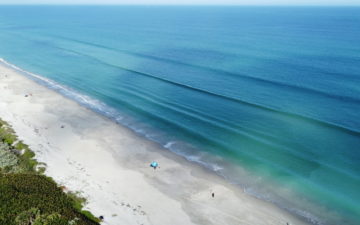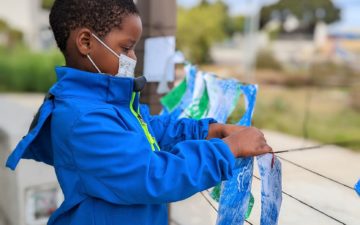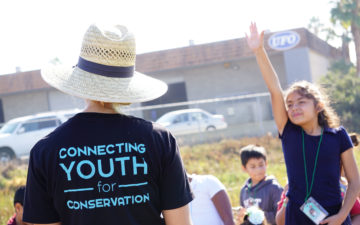As the health of the ocean becomes more and more critical in the era of climate change, it becomes increasingly important to educate people about this part of our planet and its broad impact on our lives.
Educating younger generations is timelier than ever. As the future of our society, they hold the true power of change. This means keeping youth abreast of these crucial topics should start now – as mentalities, priorities, and genuine interests are being formed.
Arming marine educators with the proper tools and resources can help raise a new generation that is conscious, proactive, and invested in the health of the ocean and our planet.
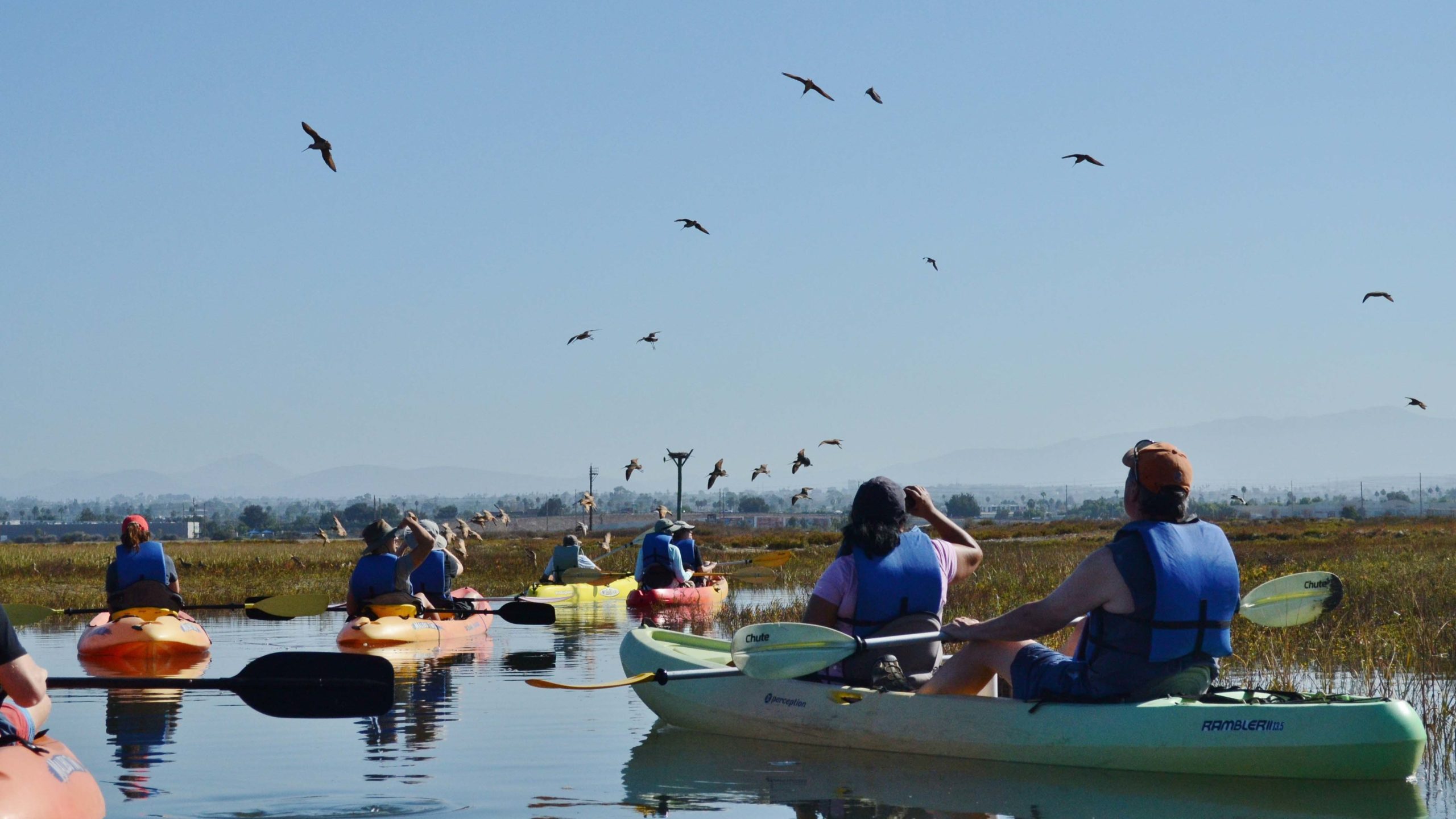
Seizing Opportunities
I am very grateful to have grown up in a sustainably-minded community with a family of ocean-lovers. Forming a bond with the ocean at a young age, my very love for the ocean and its inhabitants made me want to protect it. My opportunities to learn about marine ecosystems have positioned me to be a successful ocean advocate as I finish my college degree and enter the workforce.
I’ve always known I wanted to dedicate whatever I do in my life to the ocean. Going through high school and college during such a pivotal time in the history of the environment, I find myself interested in a topic few people have readily accessible knowledge. While the ocean consumes 71% of our planet’s surface, it is so readily under-looked because of the lack of knowledge and resources available.
When we teach those around us what we know about the ocean, we can play a small part in ocean literacy – allowing those previously unaware to see the indirect relationships we all have with the sea. It is hard to feel connected to something that seems foreign, so the more we can start to build a relationship with the ocean at a young age, the more we can turn the tides of climate change.
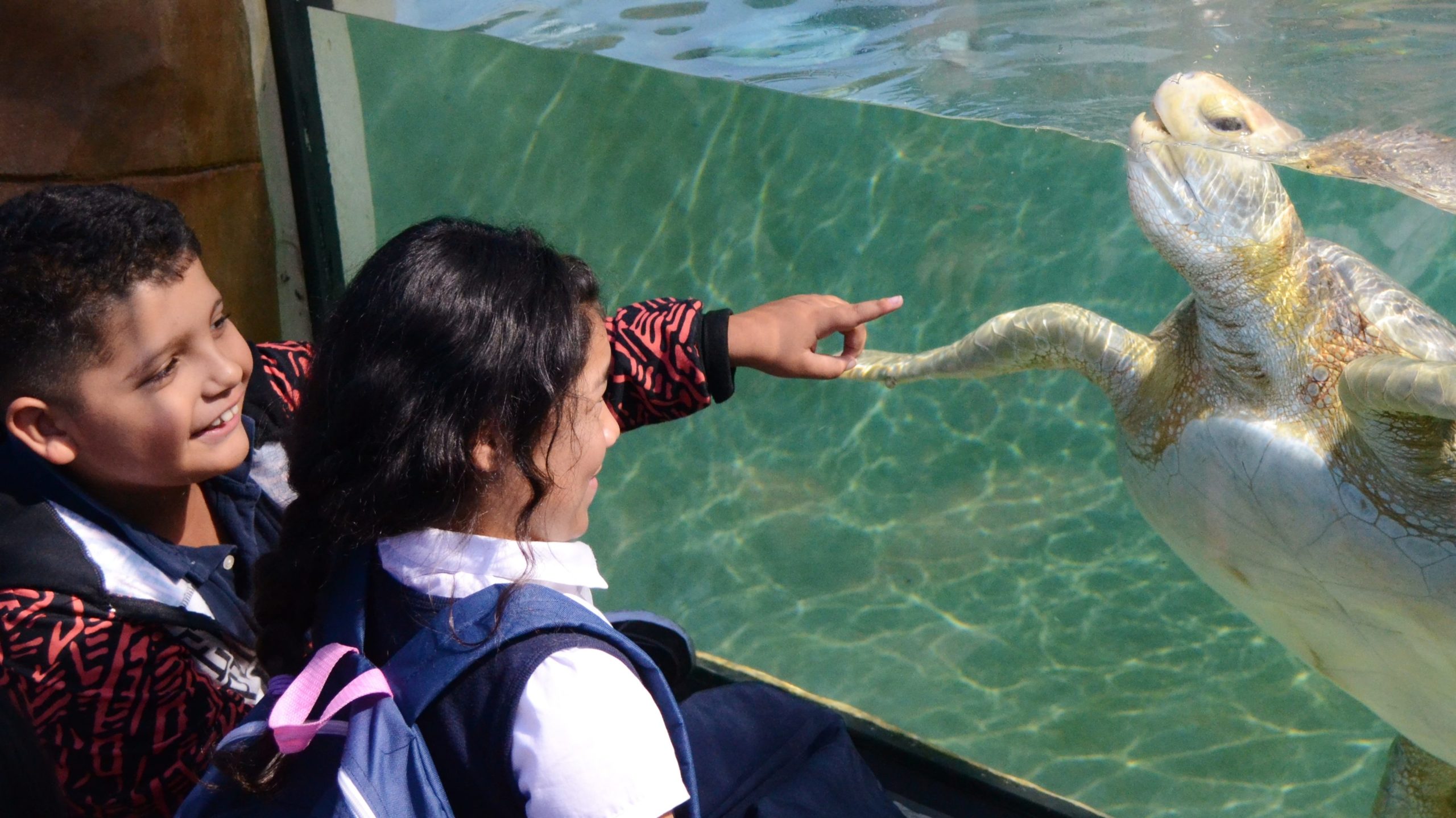
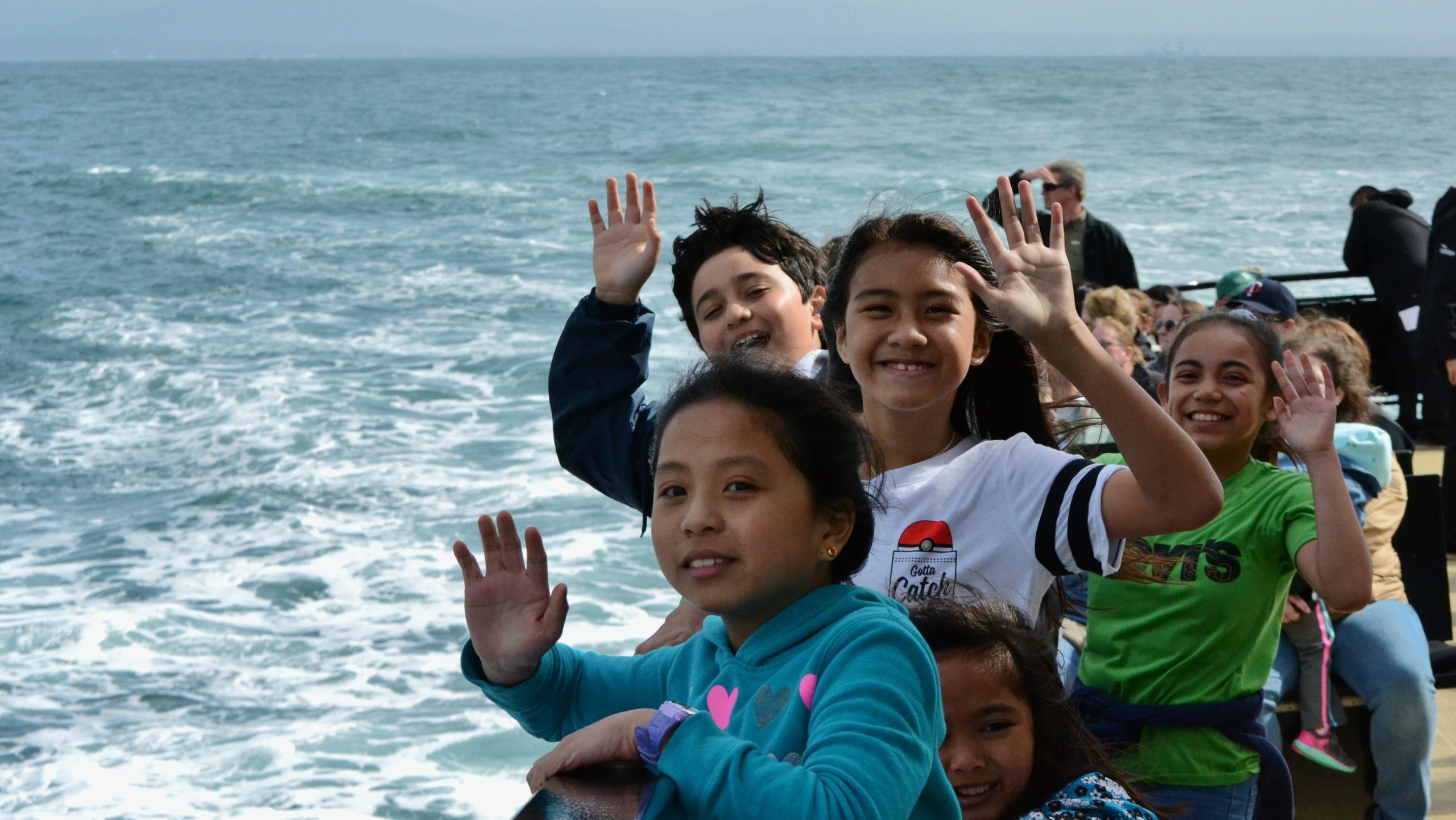
Calling Others to Action
We hear about climate change more and more in the news, because its impacts around the globe, and within our livelihoods, continue to accelerate. While the concept of climate change encompasses many aspects of our environment, the ocean is one of the most predominant players in our changing habitat. The ocean regulates our climate through its immense ability to hold heat and carbon dioxide. As water temperatures and acidity change, the diverse range of marine life that inhabit it are being displaced or even threatened.
While many of us may see the effects of this when we can’t go swimming at the beach or notice supply-chain issues, many communities world-wide rely on the ocean much more directly. Fishing and tourism drive the economy in many island communities, making their sources of income unsustainable without a healthy coastal ecosystem. Eventually, these shortcomings will harm even the more industrialized countries.
With ocean chemistry changing faster than we’ve ever seen before, widespread knowledge of the ocean is the only factor that can truly save it. While we depend on the ocean for oxygen, climate regulation, and a diverse range of resources, most schools do not have the funding, resources, or capacity to teach children the role the ocean plays in the environment and our society.
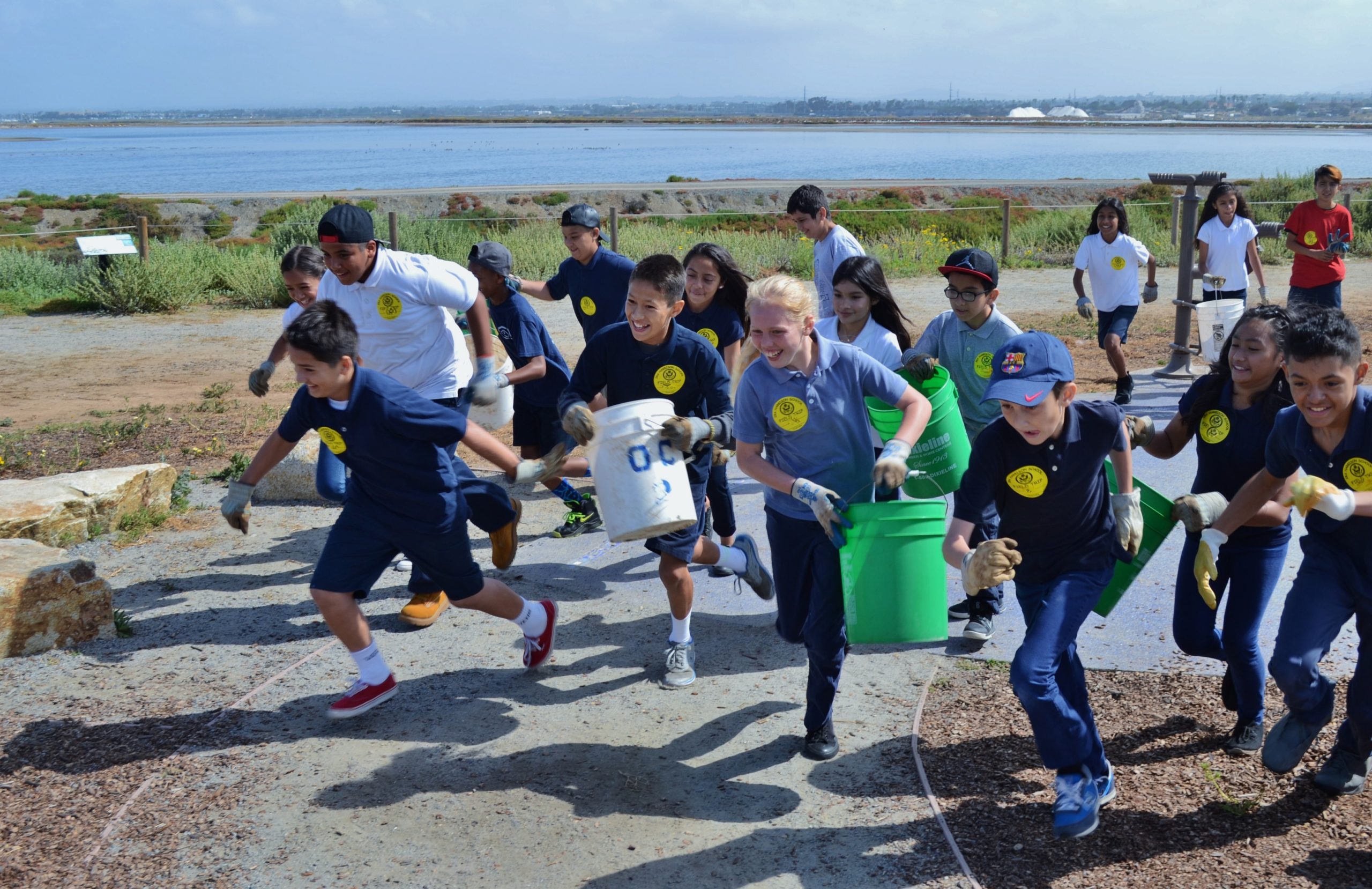
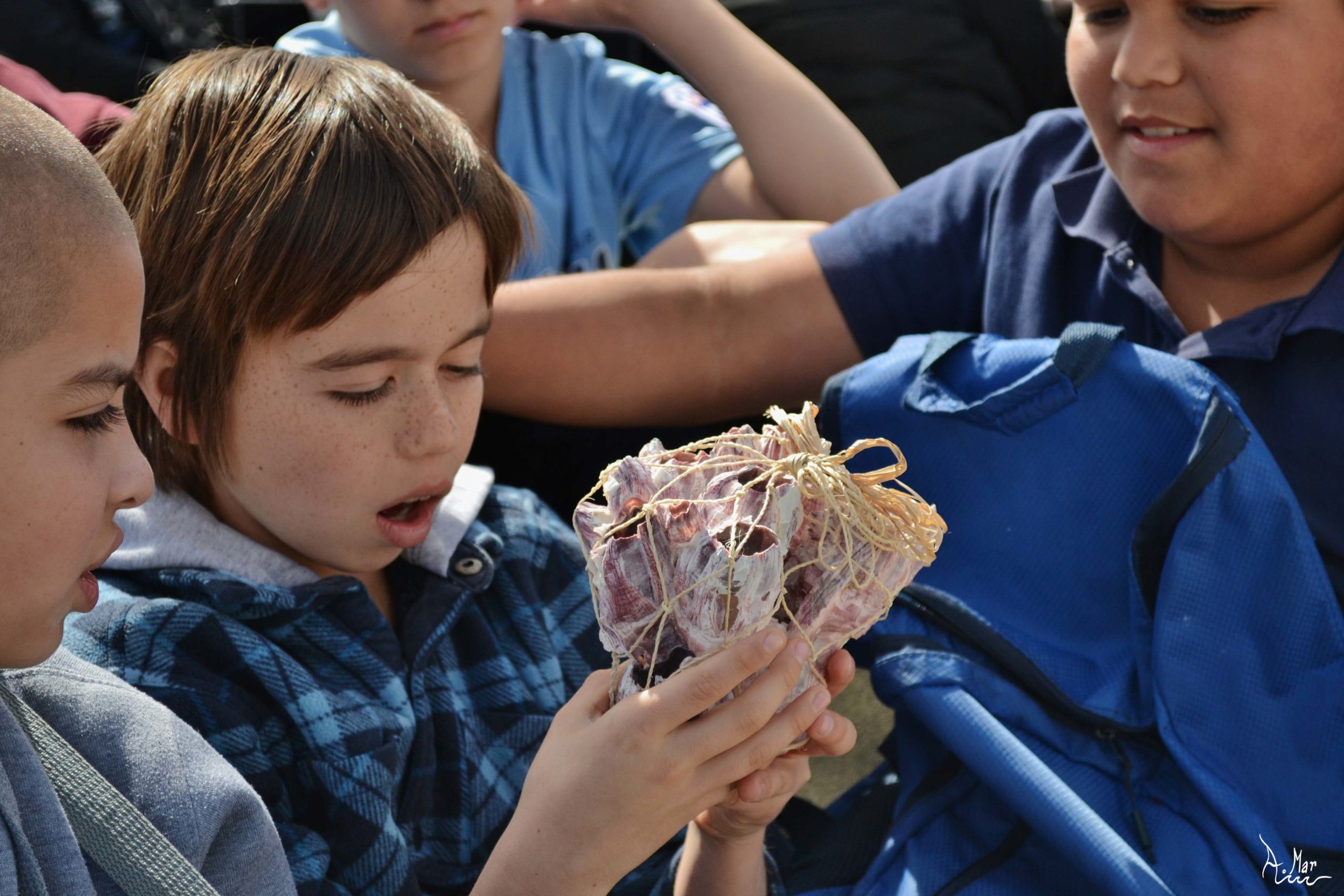
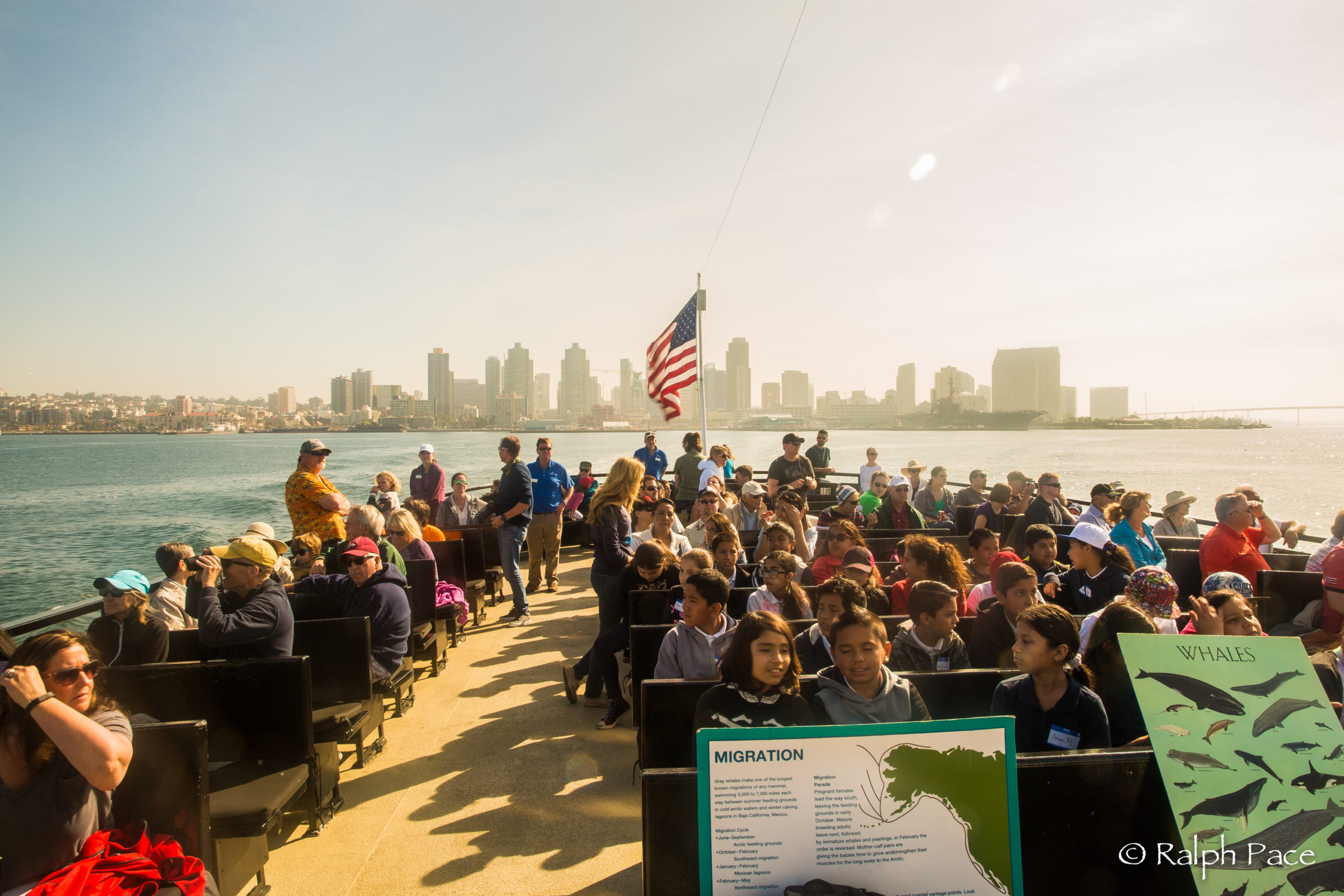
Expanding Resources
Access to marine education at a young age can lay the groundwork for a more environmentally aware society. By exposing our youth to more climate and ocean studies, we are empowering the next generation with the knowledge to make educated choices for our marine ecosystems.
As an intern at The Ocean Foundation, I have been able to work with our Community Ocean Engagement Global Initiative (COEGI), which supports equal access to careers in marine education and gives educators the best behavioral science tools to make their messaging more impactful. By equipping communities with ocean literacy resources, through more inclusionary and accessible ways, we can improve our global understanding of the ocean and our relationship with it – creating powerful change.
I’m so excited to see the work our newest initiative can accomplish. Being part of the conversation has given me a deeper look into the range of resources available to different countries. With work in diverse issues such as plastic pollution, blue carbon, and ocean acidification, COEGI has rounded out our efforts by addressing the true root of all these problems: community engagement, education, and action.
Here at The Ocean Foundation, we believe youth should be actively involved in the conversations that impact their future. By giving the next generation these opportunities, we are building our capacity as a society to combat climate change and catalyze ocean conservation.
Our Community Ocean Engagement Global Initiative
COEGI is dedicated to supporting the development of marine education community leaders and empowering students of all ages to translate ocean literacy into conservation action.
